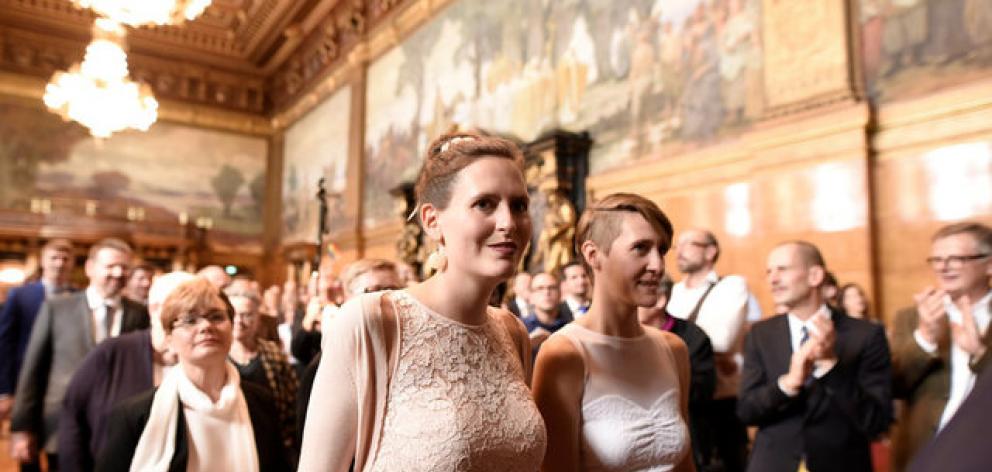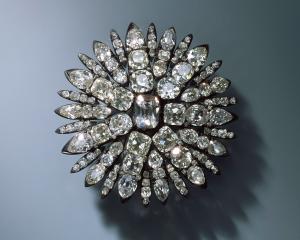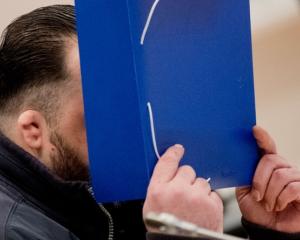
Same-sex couples married in Germany for the first time on Sunday (local time), with several dozen couples tying the knot at civil registry offices that opened specially to mark the coming into force of a law passed by parliament in June.
Among them were Karl Kreile (59) and Bodo Mende (60) who became Germany's first married gay couple, exchanging vows at the town hall in the Berlin borough of Schoeneberg on Sunday after 38 years together.
"Yes, I do," said Kreile, to applause from guests, before kissing his new husband. They then signed the marriage certificate. Later, guests feasted on a rainbow-coloured wedding cake decorated with the slogan "Marriage for all".
Speaking after the ceremony, Mende called for Germany and the European Union to do more to promote gay rights across Europe. Especially in more conservative regions of eastern Europe, acceptance of gay rights is still minimal.
"We don't need to look far, just to the neighbour countries where the situation is more disturbing," he said, an apparent reference to Poland and others where same-sex marriage is still not allowed. Earlier, he had described the campaign to achieve equal marriage in Germany as "25 years of hard struggle".
Germany's parliament approved marriage equality in June after Chancellor Angela Merkel chose to make the vote a matter of conscience, freeing her Social Democrat coalition partners and many of her conservative lawmakers to vote for it.
Rights organisations say more needs to be done to achieve full equality. It is still impossible for children born into a lesbian couple to have both parents as a legal mother.
Kreile and Mende, who registered their civil partnership 15 years ago, shortly after it became legal to do so in Germany, first tried to marry a quarter of a century ago.
"I remember how it felt when we went to the registry office in Berlin Charlottenburg to request marriage," said Kreile, describing a publicity-raising campaign he and his partner had participated in.
"The official was nice, and so were the couples before and after us in the line, telling us: 'We understand what you want.' But afterwards I still had to feel a sense of shame. I felt discriminated against, being sent out again," he added.
Some technical problems remain. The government's registry software recognises only opposite-sex marriages and will only be updated next year. Until then, even same-sex couples will be recorded as "husband" and "wife".













